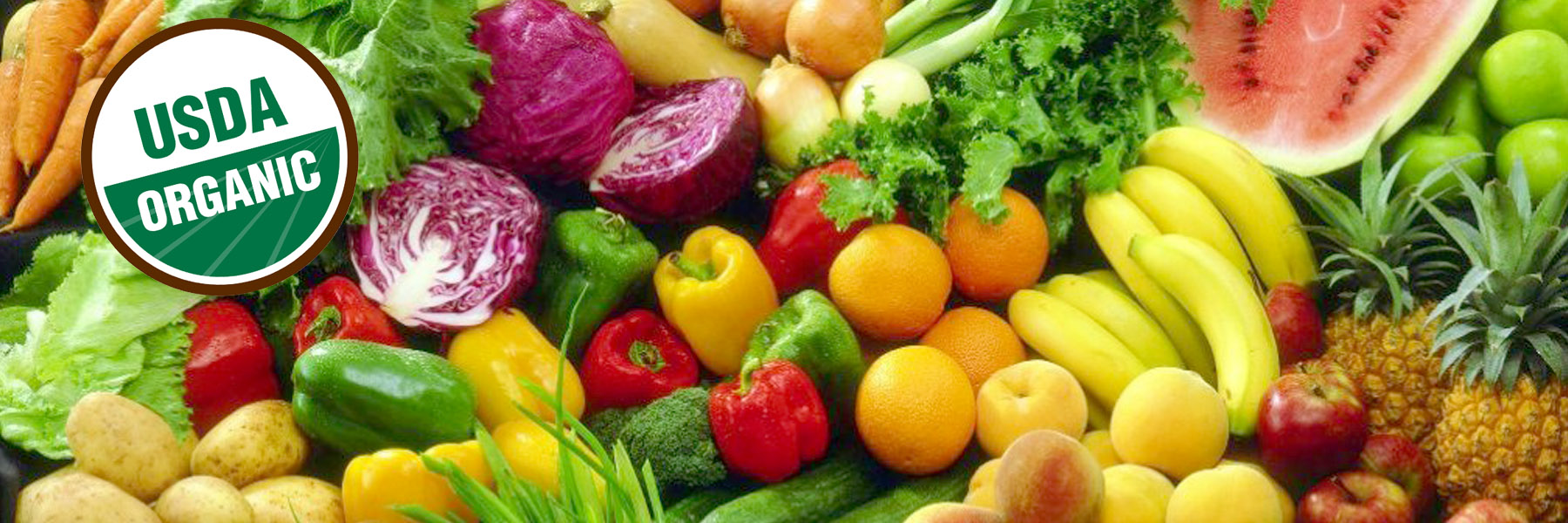What’s the Difference Between Organic, non-Organic and GMO Products?
There’s a lot of talk about the differences between organic, non-organic, GMO and non-GMO products. Explore what these terms mean and what experts are saying about them.
—
What we (don’t) know about Organic and GMO
The topic of organic versus non-organic and GMO versus non-GMO has been a topic of contention for decades. For example, Neurologists, geneticists, plant biologists, nutritionists, climatologists and other scientists and academics in many disciplines have argued on both sides of these issues.
There’s a lot to consider to arrive at evidence-based conclusions about each topic. It’s not just the inherent nutritional value of consuming organic or conventionally grown and raised products. Both how the nutrients transfer into the body, and social and environmental concerns of production and distribution are critical factors.
Similarly for the GMO debate, what are the genetic concerns as well as the environmental and social concerns that we should consider? After all, it’s well established that some GMO plants are genetically modified to fight disease, which weakens the plant’s natural defense mechanisms and therefore require more pesticides and herbicides over time.
The real question is how do the practices and techniques of each procedure impact us and our surrounding environments? It’s the entire system we need to take into account, not just one component. A lot more research has to be done, and it’s hard to come to a decisive “yes” or “no” as far as the science is concerned.
Among opinion, the research is clear. Pew Research conducted a study regarding public opinion on GM (Genetically Modified) foods. 48% of respondents said that they believe GM foods are no different than other foods. But, 39% said GM foods are worse for one’s health than non-GM foods.
When forming an opinion about GM foods, the evidence suggests that it really comes down to how much you care about the subject. According to the Pew study:
“About one-in-six (16%) Americans care a great deal about the issue of GM foods. These more deeply concerned Americans predominantly believe GM foods pose health risks. A majority of this group also believe GM foods are very likely to bring problems for the environment along with health problems for the population as a whole.”
What are the differences between organic and non-organic and GMO?
Organic
The USDA defines Certified Organic as:
Foods [that] are grown and processed according to federal guidelines addressing, among many factors, soil quality, animal raising practices, pest and weed control, and use of additives. Organic producers rely on natural substances and physical, mechanical, or biologically based farming methods to the fullest extent possible.
Among many factors, organic farming practices are designed to achieve the following: enhanced water and soil quality, reduced pollution, provide safe, healthy habitats for livestock while enabling their natural behavior, providing a self-sustaining cycle of resources on farms.
Materials and practices prohibited in organic farming include GMO products, synthetic fertilizers and sewage sludge fertilizers, most synthetic pesticides, antibiotics or growth hormones for livestock.
Conventional farming (non-organic) does not have to live up to any of these standards. It often criticized for their overuse of petrochemicals that have the propensity to pollute many aspects of their surrounding environment and even contaminate the foods they grow.
GMO
A genetically modified organism (GMO) is a living being that has had its genetic material changed in some way. Rather than simply letting plants breed in the traditional way on their own or through human controlled cross-breeding, GMO is much more specific and affects the outcome of breeding at the genetic level.
GMO is essentially cutting and pasting together the genetic material of organisms that would not come together under natural circumstances. For instance, producing genetic material that includes plant DNA and bacterial DNA.
The sole way to determine the difference between GMO and non-GMO products is for you to know if the product was produced with any genetically engineered or genetically modified ingredients. You cannot tell a products GMO status by just looking at it.
How to choose?
In Michael Pollan’s book The Omnivore’s Dilemma, he asks a basic question concerning the nature of organic foods: if organic foods are better what are they better for?
He cites a 2003 UC Davis experiment that studied the nutrition levels in food corn, strawberries and blackberries. Each was grown in neighboring plots and produced using different methods (organic and conventional). Researchers discovered that the foods produced using organic or sustainable methods “contained significantly higher levels of ascorbic acid (vitamin C) and a wide range of polyphenols” (179).
With the ever-growing body of work considering organic and GMO methods and conventional farming methods, there’s so much more to be learned about the relationship between the earth, plants, animals, health and how they can affect our diet. For this reason, Pollan suggests that one should be weary to lean into any one study.
The organic movement derives from the philosophy that food systems should be built on or kept as close to nature as possible without overt interference. Conventional methods are driven by the philosophy of supply and demand. It’s essentially the difference between growth by management and growth by force. Only time can tell which method is more sustainable. At least for now we get to choose.
Want to learn more about how Protein Research can solve your needs for high quality organic supplements? Contact us and get a quote today.
Dietary & Nutritional Health Enhancing Nutraceuticals, Functional Foods & Dietary Supplement Categories
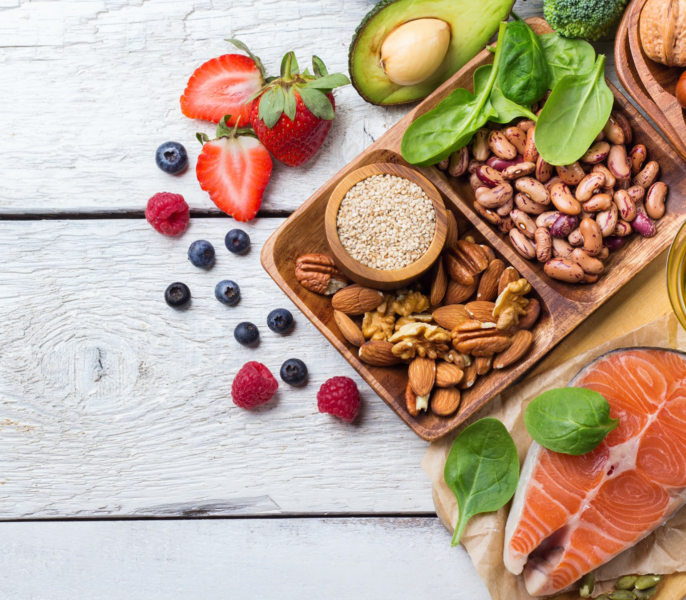
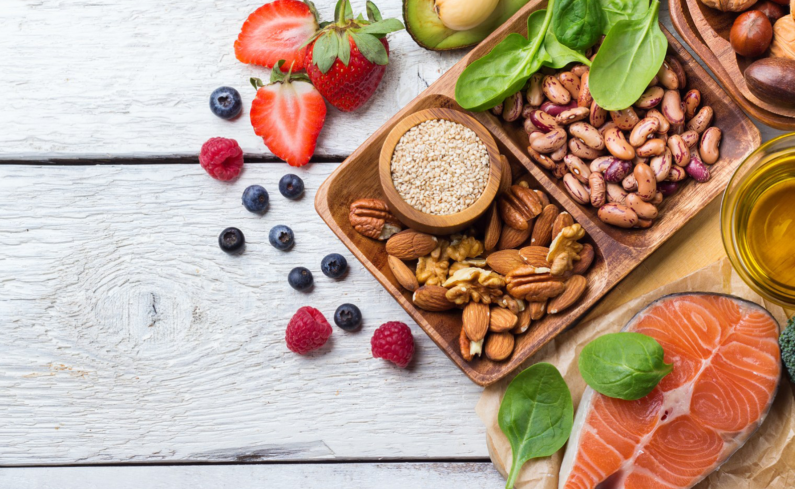
Natural Food Products
Natural food products are a trend that continues to grow at an astounding rate. Consumers expect the products that they use to be non-GMO and Certified Organic and void of artificial ingredients and preservatives.
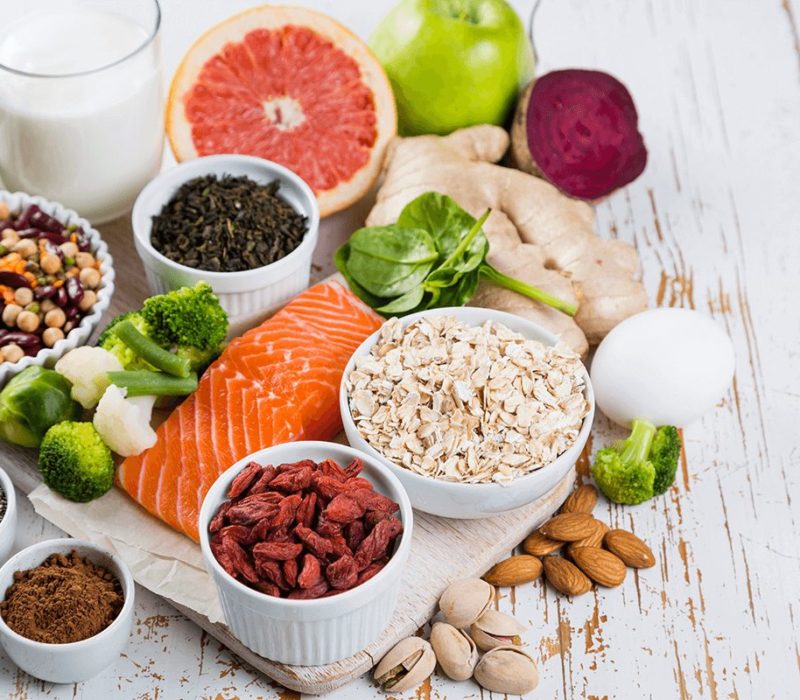
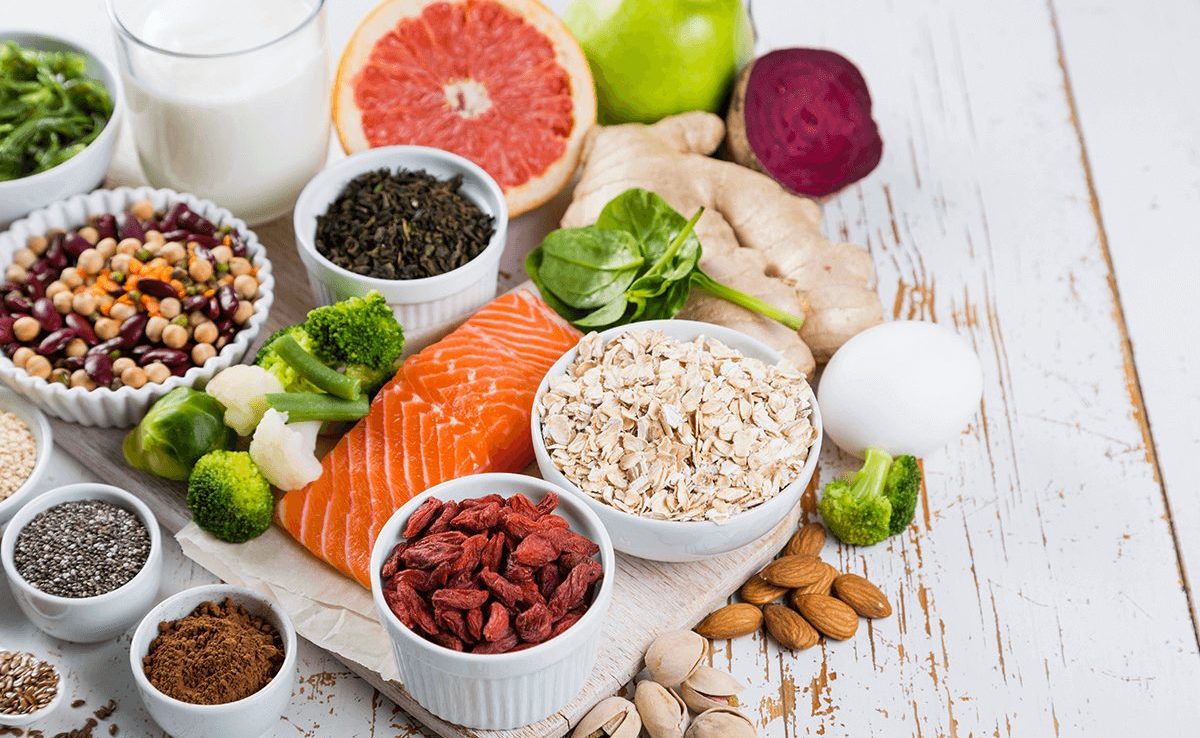
Superfood Products
The benefits of superfoods have been known for quite a long time, but the reality is these so-called “superfoods” don’t necessarily have superpowers.
